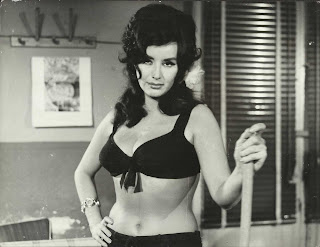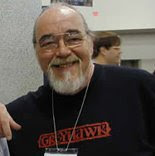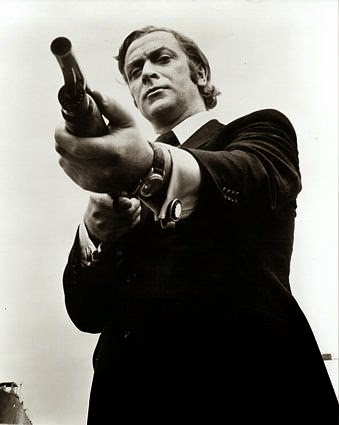Hilda Isabel Sarli Gorrindo Tito was born in Concordia, Entre Ríos Province, into a very poor family, as one of the daughters of Antonio Gorrindo and María Elena Sarli. Her father left the family when she was 3 years old. Those he had left behind, including Isabel and her mother, then moved to Buenos Aires. Her youngest sibling, and only brother, died at the age of five. Although, years later, her father tried to contact her, angrily she refused.
Sarli trained to become a secretary and, upon completing this training, started working for a publicity agency to support her mother. Then she was offered to work as a model, at which she proved to be so successful that she ended up resigning from her secretarial work. She won an award as the "most photographed model".
Contrary to what is known, she was nicknamed "Coca" by her mother.
In 1955 she was elected Miss Argentina and met the then Argentine President, Juan Domingo Peron.
In June 1956, she met Armando Bo on a TV show, who later offered her the opportunity to star in El trueno entre las hojas (Thunder in the Leaves). Bo convinced Sarli to be naked in a scene in which she bathed in a lake, though she had previously been told she would wear a flesh-colored body stocking. Also, though Bo likewise told Sarli they would shoot from afar, the camera had magnification. The film became the first to feature full frontal nudity in Argentine cinema. She went on to become an international Latin American star and made international headlines for the nude scene. She appeared in Time, Life, and Playboy Magazines, the first Argentinian actress to accomplish that feat. Bo and Sarli became lovers and she became the primary star of his films till his death in 1981. During this time, Sarli refused many offers to work with another director, with the exception of Leopoldo Torre Nilsson on Setenta veces siete (The Female: Seventy Times Seven) and Dirk DeVilliers on The Virgin Goddess, her only English film.
The films were controversial at the time and most of them were banned, but this ban led them to be even more successful. Films like Fuego (1969) and Fiebre (1970) reached the American and European markets.
She received offers to work in the United States with Robert Aldrich, along with two offers extended to her from England, to appear in the Hammer Film production The Two Faces of Dr. Jekyll and the American co-production The Guns of Navarone, but she declined them. However Isabel often worked in Latin America, although always under Bo's direction: she made La diosa impura in México, Lujuria tropical in Venezuela, Desnuda en la arena in Panamá, La burrerita de Ypacaraí in Paraguay, and Favela and La leona in Brazil.
After Bo's death in 1981, Sarli retired from the cinema industry altogether but came back in the mid-90s for Jorge Polaco's picaresque film, La dama regresa (1996). The film was inspired largely by her life and her public image, serving as an homage of sorts. In 2009 she teamed once more with Polaco in Arroz con leche for a bit part.
In 2011 she starred in the movie Mis días con Gloria, where she acted out a character based on herself. The film was her first major role since La dama regresa in 1996. In a radio interview, Sarli said the film had not gone well because of the poor promotion it had received.
Before meeting Bo, Sarli was married to Ralph Heinlein and later divorced. Bo and Sarli never married, contrary to the popular belief. Isabel has two adopted children: Martin and Isabelita, who was her goddaughter. As of June 2016, she and her daughter Isabelita were living in Martinez, Buenos Aires.
In 2007 Argentinian film critic Diego Curubeto made the documentary Carne sobre carne – Intimidades de Isabel Sarli (Flesh on Flesh - Isabel Sarli's Personal Matters), with the collaboration of Isabel, Argentinian actor Gastón Pauls and Spanish director Alex de la Iglesia. It is a well-received homage that includes deleted scenes from her films, censored material, rehearsals, anecdotes and interviews.
On 12 October 2012, it was reported that the Argentine President, Cristina Fernández de Kirchner, had named Sarli as Argentine Ambassador of Popular Culture. The Boletín Oficial de la República Argentina (es), under Decree 1876/2012, stated:
[...] Isabel Sarli is considered a true representative of the national culture, as much for her acting skills in films as for being considered a popular icon of her day and an emblematic figure of Argentine cinema.
In 2010, the movie Fuego premiered at the Lincoln Center in New York, where it was shown with English subtitles. It was about this premiere that Time Magazine's critic, Richard Corliss, wrote the review described above.
Film director John Waters has said that Isabel Sarli's movies had inspired some of his own films.



















































.png)
































No comments:
Post a Comment